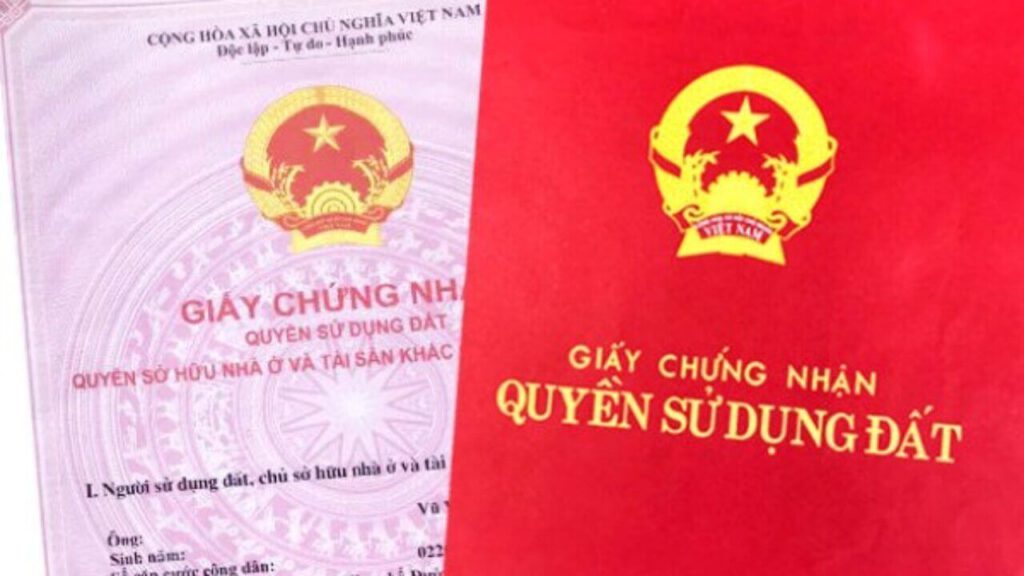Real Estate Acquisition Guide: Legal Requirements for Foreign Investors
As Vietnam’s real estate market continues to expand and attract global interest, many foreign investors are considering the opportunities available for property acquisition. However, navigating the legal landscape can be complex, particularly when it comes to understanding the legal requirements for foreign investors. This guide provides an overview of the critical legal aspects associated with real estate acquisition in Vietnam, including regulations governing property ownership, required documentation, and key considerations for successful investments.
Understanding the Legal Framework for Foreign Real Estate Investment
Vietnam has established a certain legal framework that governs real estate acquisition, specifically for foreign investors. Key laws and regulations include:
- Law on Land: Enacted in 2013 and amended in subsequent years, this law outlines the rights of landowners and regulations regarding land use, transfers, and leasing.
- Law on Investment: This law governs the investment activities of both domestic and foreign investors in Vietnam, detailing procedures for establishing businesses and acquiring land use rights.
- Law on Real Estate Business: This law regulates real estate activities, including real estate development, sales, leasing, and management.
- Civil Code: The Civil Code governs contracts and obligations, including those related to property transactions.
Understanding these legal frameworks is crucial for foreign investors seeking to acquire real estate in Vietnam.

Legal Requirements for Foreign Investors
1. Eligibility for Property Ownership
Foreign nationals in Vietnam can acquire property under specific conditions, primarily governed by the Law on Land. Important aspects include:
- Foreign Ownership Limits: Foreigners can own up to 30% of the apartments within a condominium building and 10% of the properties in landed projects, such as villas or houses, in certain developments. It is important to ensure compliance with these limits.
- Leasehold vs. Freehold: Foreign investors typically acquire property through leasehold arrangements. Long-term leasehold options are available, allowing for leases of up to 50 years with options to extend, though freehold ownership is generally limited to Vietnamese citizens.
2. Company Registration for Foreign Investment
To facilitate property acquisition, foreign investors often establish a legal entity in Vietnam, which can be in the form of a:
- Wholly Foreign-Owned Enterprise (WFOE): A company that is wholly owned by foreign investors and can purchase and own real estate.
- Joint Venture: A partnership with a local entity that allows foreign investors to share resources, expertise, and risks associated with property ownership.
Establishing a legal entity requires registration with the Ministry of Planning and Investment (MPI), including the submission of an Investment Registration Certificate (IRC) and an Enterprise Registration Certificate (ERC).
3. Land Use Rights
Understanding land use rights is integral to real estate acquisition in Vietnam:
- Land Use Rights Certificate (LURC): When acquiring property, investors must obtain LURC from local authorities. This document officially grants land use rights to the investor and is necessary for any subsequent transactions.
- Lease Agreements: If acquiring property through a lease, ensure that the lease agreement is properly documented and complies with local regulations. The contract should specify terms, conditions, obligations of both parties, and the land-use purpose.

4. Documentation for Property Acquisition
The following key documents are typically required during the property acquisition process:
- Investment Registration Certificate (IRC): Necessary for foreign investors wanting to establish a business or property acquisition entity.
- Enterprise Registration Certificate (ERC): Required for the company incorporated in Vietnam, which will hold the property.
- Land Use Rights Certificate: A certificate confirming ownership or leasing rights to the property.
- Contract for Sale/Purchase: A legal contract between the buyer and seller detailing the transaction terms, obligations, and transfer of ownership.
- Proof of Payment: Documentation of payments made for the property, such as bank statements or receipts.
5. Tax Obligations
Foreign investors must be aware of various taxes associated with real estate transactions in Vietnam, including:
- Transfer Tax: A tax applicable when purchasing property, generally assessed at around 2% of the property’s value.
- Property Tax: Ongoing taxes may apply to property ownership, including annual land use tax.
- Corporate Income Tax: If the property is owned through a company, profits from renting or selling real estate may be subject to corporate income tax.
Practical Considerations for Foreign Investors
1. Conduct Due Diligence
Before finalizing any property acquisition, conducting thorough due diligence is crucial:
- Title Search: Investigate the property’s title to confirm that the seller is the legitimate owner and that there are no liens or encumbrances affecting the property.
- Legal Compliance: Ensure that the intended use of the property complies with zoning and land-use regulations.

2. Engage Local Expertise
Working with local professionals—including real estate agents, legal counsel, and consultants—is essential for successful property acquisition:
- Legal Counsel: Engage a business lawyer familiar with Vietnamese real estate laws to guide you through the legal requirements and help draft necessary documents.
- Real Estate Agents: Utilize experienced real estate agents who know the market and can assist with property searches, valuations, and negotiations.
3. Understand Cultural Norms
Having a clear understanding of Vietnamese business etiquette and cultural nuances can enhance negotiations and foster successful relationships with local stakeholders.
4. Explore Financing Options
Investigate different financing options available for purchasing property, especially since some foreign investors may face challenges accessing local financing. Consider international banks or financial institutions that have branches in Vietnam.
Conclusion
Navigating the complexities of real estate acquisition in Vietnam requires a comprehensive understanding of the legal requirements and the dynamic market landscape. By adhering to the legal frameworks, conducting thorough due diligence, and engaging the right professionals—including business lawyers and real estate experts—foreign investors can successfully protect their investments and maximize their opportunities in Vietnam’s thriving property market. Establishing a foundation built on knowledge, compliance, and strategic partnerships is essential for achieving long-term success in one of Southeast Asia’s most promising environments. By being proactive and well-informed, investors can embark on their real estate journey in Vietnam with confidence and clarity.
